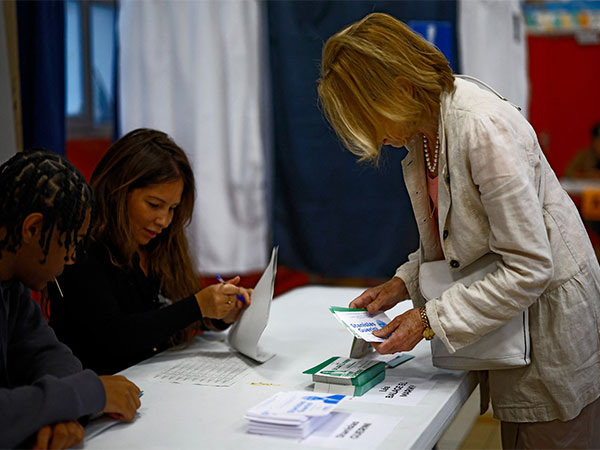France Votes in Pivotal Second Round of Snap Parliamentary Elections
France commenced voting for the second round of snap parliamentary elections called by President Macron. The crucial vote seeks to elect 577 National Assembly members, with major parties vying for an absolute majority. Far-right National Rally's strong performance adds to the election's high stakes.

- Country:
- France
France kicked off voting for the second round of the snap parliamentary elections on Sunday, aiming to elect 577 members to the National Assembly. President Emmanuel Macron called the elections, seeking an absolute majority which requires 289 seats, CNN reported. Macron's alliance previously held only 250 seats, relying on support from other parties to pass laws.
The polls opened from 8 am to 8 pm (local time), with results expected early Monday. The far-right National Rally (RN), led by 28-year-old Jordan Bardella, is closer to power than ever after leading last Sunday's first-round vote. The RN garnered 33 per cent of the vote, while the newly formed left-wing coalition, the New Popular Front (NFP), secured 28 per cent, and Macron's Ensemble came third with 21 per cent. Amid the possibility of the first far-right government in France since World War II, Ensemble and the NFP took measures to deny the RN an absolute majority, CNN reported.
To qualify for the second round, candidates must secure over 12.5 per cent of registered votes in the first. This led to a record three-way run-off in over 300 seats, highlighting France's polarized political landscape. Over 200 candidates from Macron's alliance and the NFP stood down to prevent splitting the anti-RN vote. The RN's strong first-round performance suggests it could more than triple its 88 seats in the outgoing parliament, CNN reported.
Although traditionally the French president appoints a prime minister from the largest party, Bardella has stated he will refuse to form a minority government. Macron might then need to seek a PM from the hard left or opt for a technocratic government. Scheduling snap elections wasn't planned until 2027, but Macron called them following a poor performance against the RN in the European Parliament elections in June. While those results don't impact domestic politics, Macron sought clarity following the voters' message. Some speculate Macron aims to expose the RN to governance challenges prematurely, hoping it would lose its appeal. However, this strategy could backfire if RN declines a minority government.
(With inputs from agencies.)










